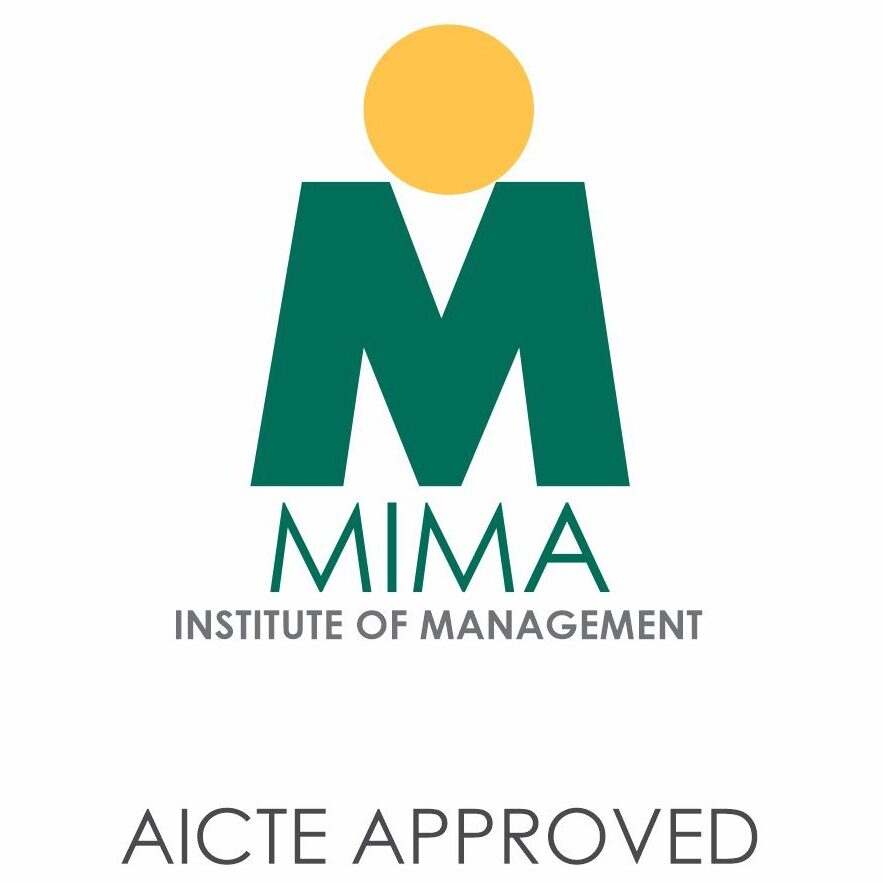In today’s fast-paced work environments, stress has become an inevitable part of the daily grind. However, mastering stress management techniques is crucial for maintaining wellbeing and productivity in the workplace. Let’s explore some essential strategies for effectively managing stress and promoting a healthier, more balanced work life.
Mindfulness and Meditation:
Incorporating mindfulness and meditation practices into your daily routine can help reduce stress and promote a sense of calm and focus. Take a few minutes each day to practice deep breathing exercises, mindfulness meditation, or guided relaxation techniques. These practices can help quiet the mind, reduce anxiety, and increase resilience to stressors.
Time Management:
Effective time management is essential for reducing stress and improving productivity. Prioritize tasks based on importance and urgency, and break larger projects into smaller, manageable steps. Use tools such as to-do lists, calendars, and project management software to organize tasks and track progress. By managing your time effectively, you can reduce overwhelm and create a sense of control over your workload.
Healthy Work-Life Balance:
Maintaining a healthy work-life balance is crucial for managing stress and preventing burnout. Set boundaries between work and personal life by establishing designated work hours and unplugging from work-related tasks during non-work hours. Make time for activities that promote relaxation and enjoyment, such as spending time with loved ones, pursuing hobbies, or engaging in physical exercise.
Physical Activity:
Regular physical activity is a powerful stress reliever and mood booster. Incorporate exercise into your daily routine, whether it’s a brisk walk during your lunch break, a yoga class before or after work, or a gym session on the weekends. Exercise helps release endorphins, which are natural stress-fighting chemicals in the body, and can help improve your overall wellbeing.
Healthy Lifestyle Habits:
Adopting healthy lifestyle habits can help reduce stress and improve resilience. Eat a balanced diet rich in fruits, vegetables, whole grains, and lean proteins, and stay hydrated by drinking plenty of water throughout the day. Get an adequate amount of sleep each night to recharge your body and mind, and avoid excessive caffeine, alcohol, and nicotine, which can contribute to stress and anxiety.
Social Support:
Cultivating strong social connections can provide valuable support during times of stress. Seek out opportunities to connect with coworkers, friends, and family members, whether it’s through informal conversations, shared activities, or social events. Having a support network to lean on can help you feel more understood, valued, and resilient in the face of challenges.
Seeking Professional Help:
If stress becomes overwhelming or begins to interfere with your daily life, don’t hesitate to seek professional help. Consider reaching out to a therapist, counselor, or mental health professional who can provide guidance, support, and coping strategies for managing stress and improving your overall wellbeing.
By incorporating such stress management techniques into your daily routine, you can cultivate a healthier, more balanced approach to work and life. By prioritizing self-care, setting boundaries, and seeking support when needed, you can effectively manage stress and thrive in the workplace. Let’s commit to prioritizing our wellbeing and creating a work environment where stress is managed effectively, allowing us to perform at our best and enjoy a fulfilling and rewarding career.

